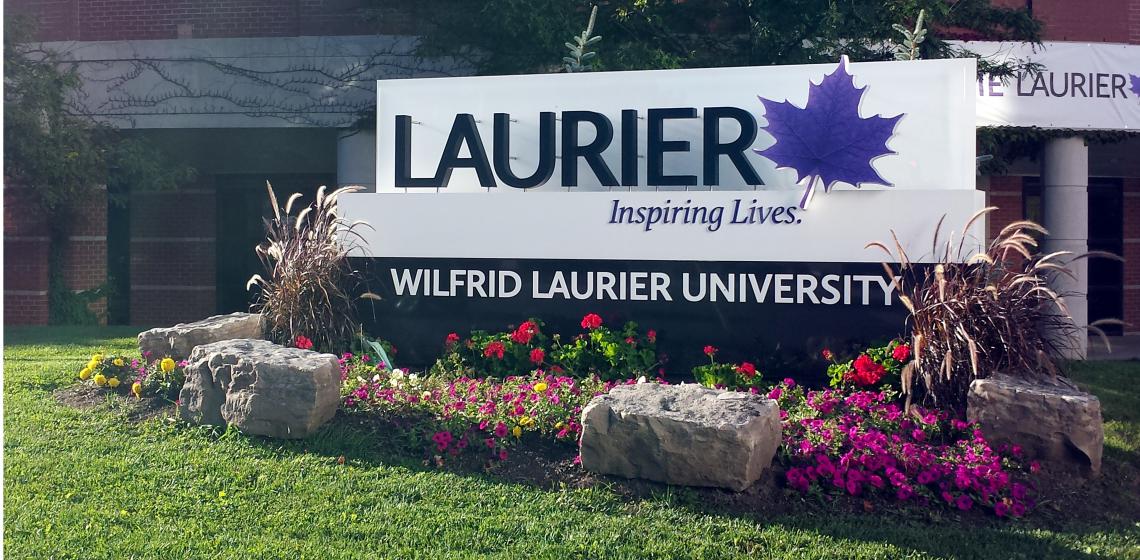
Laurier traces its roots to the opening of the Evangelical Lutheran Seminary in Waterloo more than 100 years ago in 1911. We’ve gone through several changes since then, and in 1973 our name changed from Waterloo Lutheran University to Wilfrid Laurier University. A Laurier education is about building the whole person: mind, body, and spirit. We believe that your university career must lead to more than just a job to be considered a success; Laurier creates engaged and aware citizens in a culture that inspires lives of leadership and purpose.
Archaeology at WLU
Our Archaeology and Heritage Studies program explores areas of faculty research expertise in the archaeology of the New World and the Ancient Mediterranean World. The program focuses on the cultures of North America, in both the pre-contact and post-contact periods after the arrival of Europeans, and the ancient societies of Greece, Rome and the Near East.
You'll be trained in the methods of field archaeology and analytical techniques used in modern archaeology within the context of the larger field of heritage conservation and preservation. Courses in this program are a mixture of theory and the practical applications of that theory. The practical applications will be conducted in our archaeological laboratories where studies in material culture are conducted. Experiential learning, which in many cases leads to careers in the heritage field, is one of the programs core strengths.
Experimental Archaeology Course (ML302)
Experimental archaeology allows archaeologists and historians to better understand and experience the past by engaging in controlled experiments that attempt to replicate the production, alteration, or movement of various types of artefacts. This course will focus specifically on how this methodology has been employed in the study of the Medieval period in Europe and the Eastern Mediterranean. Topics to be examined include living history and its pedagogical goals, building construction, weapons and siege machinery, recreation of medieval cuisine, musical instruments, and the staging of medieval spectacles. In addition to class lectures, students will also participate in various experiments that will help in elucidating the relationship between material culture and human behaviour.
